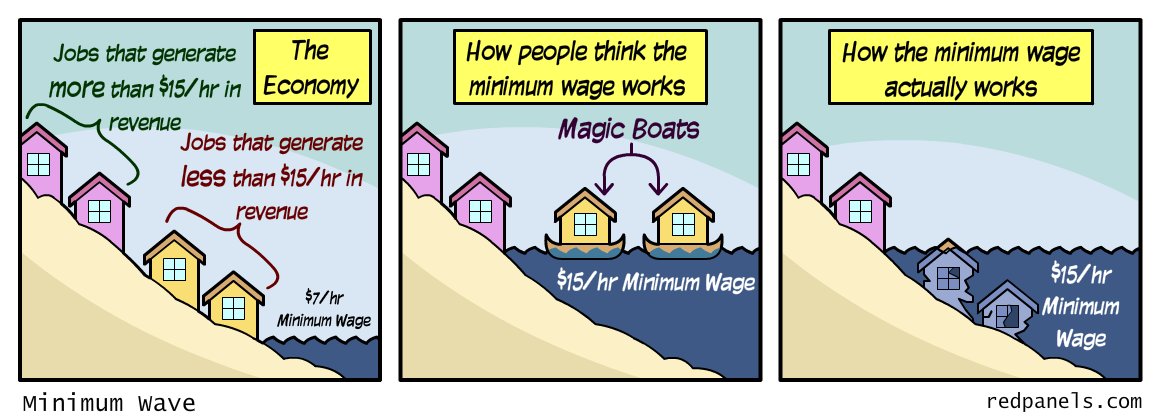A good description of how Rubio and Cruz (finally) teamed up to expose Trump as a fraudulent incoherent empty suit. And I find Christie’s and Huckabee’s endorsements of him despicable.
[Update a few minutes later]
Does anyone actually believe that Trump is being audited because he’s a “strong Christian”?
Even Trump’s sincere Christian supporters don’t believe that he’s a very sincere Christian, at least according to the very polls Trump prints out and sleeps on like a dragon atop a pile of gold. (Though, looked at from the right angle, it’s more like a guinea pig hoarding all the shredded-paper cage-lining.) In fact, only 5 percent of Republicans believe that Trump is “very religious,” while nearly half think he’s “not at all” religious or “not too religious.” I know he now says that “nobody reads the Bible more than me.” But, again, I can’t imagine anyone actually believes him. (I also would have thought this is the kind of lie truly God-fearing people would not utter, for fear of, you know, lightning bolts or salt-pillarification.)
Anyway, all of this public religiosity is fairly new. Before he ran for president, if you played the word-association game with 100,000 Americans, I’d venture that not one of them would have said “Christian!” when asked, “What first comes to mind when you think of Donald Trump?”
Apparently, according to Trump, that’s only true of normal Americans. The IRS is different. It’s like the eye of Sauron searching the land for “strong Christians.” When its cruel gaze landed upon the failed casino magnate, beauty-pageant impresario, thrice-married and confessed adulterer who’s talked about how his own daughter is so hot he’d date her if she wasn’t his daughter and bragged about how it doesn’t matter what critics say about you so long as “you’ve got a young and beautiful piece of ass,” and who told Howard Stern that his ability to avoid getting the clap while sleeping around was his “personal Vietnam,” the IRS immediately saw the truth of the matter.
Suddenly, the alarms at the IRS Christian persecution squad started flashing. Over the P.A. system came: “Code Red! We’ve got a ‘strong Christian’ in sector 7!”
If you don’t see that Trump is a con man, you’re the mark.
[Update a while later]
Ace explains why Trump is no Ronald Reagan (and I’d note that “Steve Goddard” on Twitter has lost his mind on this issue):
A big problem I have with Trump not knowing things, and clearly never have thought about things, combined with his obvious desire to pander and make the big sale, is that when he’s caught out without any good answer, and senses that he’s losing the room with an unpopular answer, he usually (75% of the time) tries to get back on the right side of popular opinion and embrace the liberal position on the issue.
You couldn’t do that to Reagan, because Reagan always had a series of facts to back him up, and because he’d been thinking about things — not feeling about them; thinking about them, theorizing about them — for years, like during his famous GE addresses.
Unlike Trump, he never felt that he was “losing the room” with an unpopular conservative answer. He was always confident and in command, because he had earned being confident and in command. He had done the homework — he wasn’t some Millennial who had feelz that xe was right. He was a thinking, intellectually-voracious man who tested his own thoughts until he knew he was right, because he’d looked at the question from several directions.
When Reagan felt he was addressing a hostile crowd, he didn’t immediately attempt to placate them by offering them a liberal position he flip-flopped to on the spot. Instead, he went into his mental note-card file and tried to convince them of the conservative opinion.
And a lot of the time, he did.
My problem with Trump is that he is a dealmaker trying to make a sale. Right now he’s trying to make a deal with conservatives — so this is the very most conservative we’ll ever see him.
If he gets the nomination, he now starts working on making the second part of the deal with the other party in the negotiations, the general public.
So this is the most conservative we’ll ever see Trump — this is the absolute most conservative he’ll ever be — and he’s not conservative at all, except, possibly, on immigration. He combines liberal policy impulses with frankly authoritarian or even fascist ones, which he thinks are “what conservatives want,” because, frankly, he conceives of us as ugly-minded, stupid dummies who get off on this shit.
That’s why he didn’t put the “Ban Muslims” line in a more palatable, persuasive form, like “Reduce immigration from Muslim-majority countries or countries with a terrorism problem to a level where we can vet each individual applicant.”
No, he put it in the most bigoted, ugly way he could think of, because that’s about his level, and because, also, that’s what he thinks “conservatives” are.
Yup. It’s ironic that his supporters think he “tells it like it is,” when he really tells it like he thinks his audience du jour wants to hear it.
